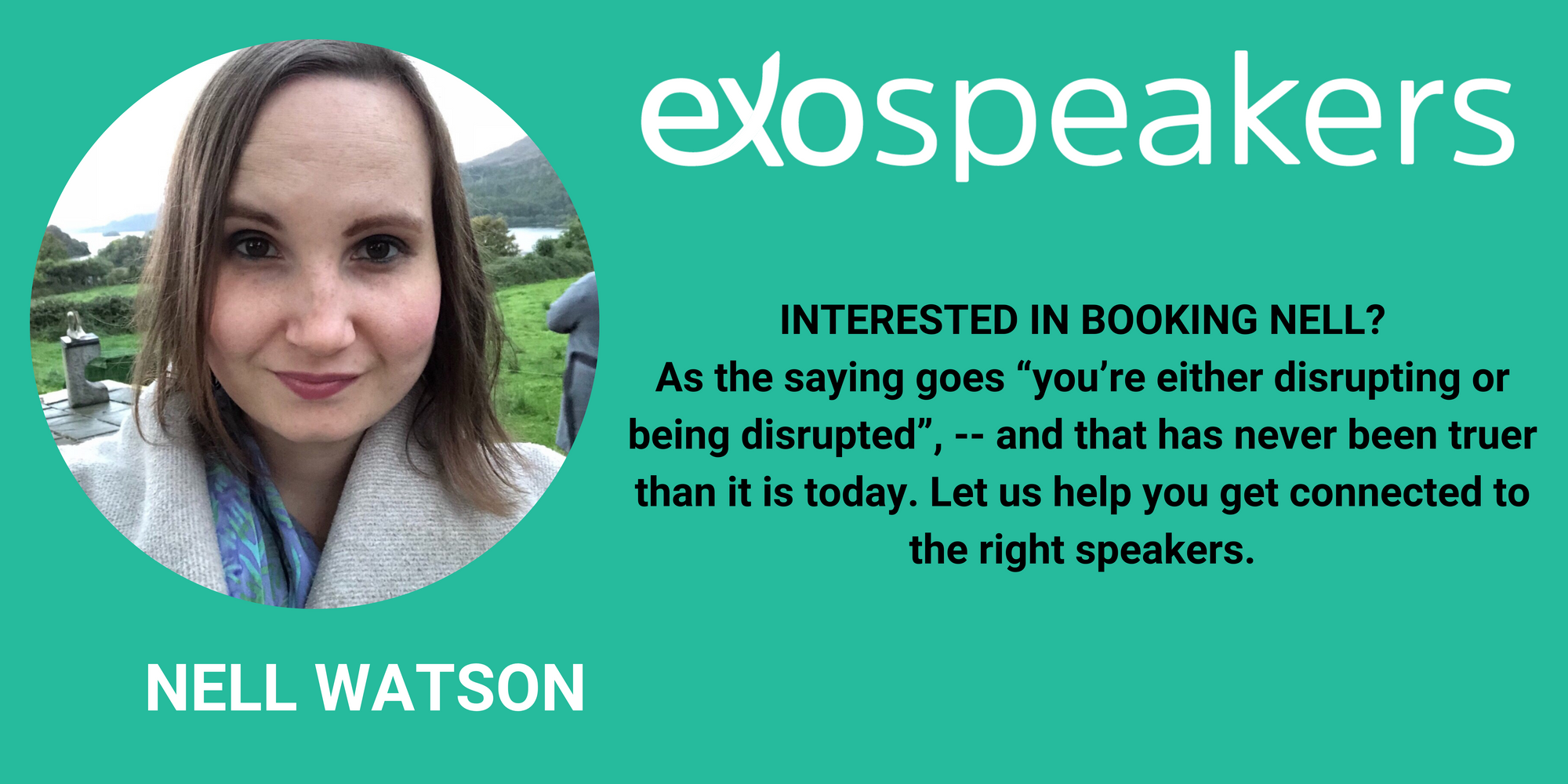
The Virtual Founder: When The Boss is a Bot
Recent advances in blockchain technology will soon allow for the deployment of self-enforcing smart contracts (such as joint savings accounts, FOREX markets, trust funds, insurance, and derivatives), as well as (DAOs) that subsist independently of any moral or legal entity.
By the end of this current decade, some of you reading this will be employed by AIs.
I'm not kidding.
The Sharing Economy has lead to a vast swathe of individuals who are essentially managed entirely by algorithm, and this trend is beginning to spill over into other sectors of the economy.

Recent advances in blockchain technology will soon allow for the deployment of self-enforcing smart contracts (such as joint savings accounts, FOREX markets, trust funds, insurance, and derivatives), as well as distributed autonomous organizations (DAOs) that subsist independently of any moral or legal entity.
These algorithmical entities are both autonomous and self-sufficient: they charge users directly from services rendered, and so are able to self-sustain their operations, with no further assistance required. They may even hire humans to perform tasks for them, using the equivalent of Elance.
Once deployed, DAOs are not controlled, owned, or operated by any given entity. They exist in a legal limbo; a sovereign capable of holding property, whilst being a legal non-person, yet possessing agency.
With agency comes responsibility and the potential of unethical practices, and committing a tort. However, there will be severe difficulty in enforcing judgment against it. There is a real, imminent danger of facing challenges from DAOs in as little as 36 months from now.
There is a pressing need for a computational ethics engine that can guide DAOs in making just and equitable decisions (business ethics). It's a difficult problem that needs serious effort.
The good news is that DAOs are going to powerfully disrupt many institutions we think of as irreplaceable today - Governmental functions that do verification and security. In the near future, Founders with guts and vision will create literal engines of happiness; DAOs can fulfill the major functions of charitable trusts.
Moreover, it can pay real dividends to human shareholders. One can have a wide array of these machines operating in perfect competition, providing a true alternative to government welfare systems (not to mention providing some gainful human employment), yet still fitting into non-violent free-market economics.
This doesn't even require Artificial General Intelligence - a machine capable of dispensing funds can hire humans to perform the tasks it is bad at. If your AI boss has the right computational ethics framework behind it, it may even avoid being a jerk to you and others.
This hybrid model of human and AI interaction (what Garry Kasparov describes as a 'Centaur') will be the status quo for enterprise in the coming decades. It is a formidable blend of the best of synthetic and organic qualities and will kick disruptive butt all across our society. Mentally adjust for the change now, because it's coming sooner than you think, and it's a doozy.
This article was originally featured on Nell Watson's page.

ExO Insight Newsletter
Join the newsletter to receive the latest updates in your inbox.









